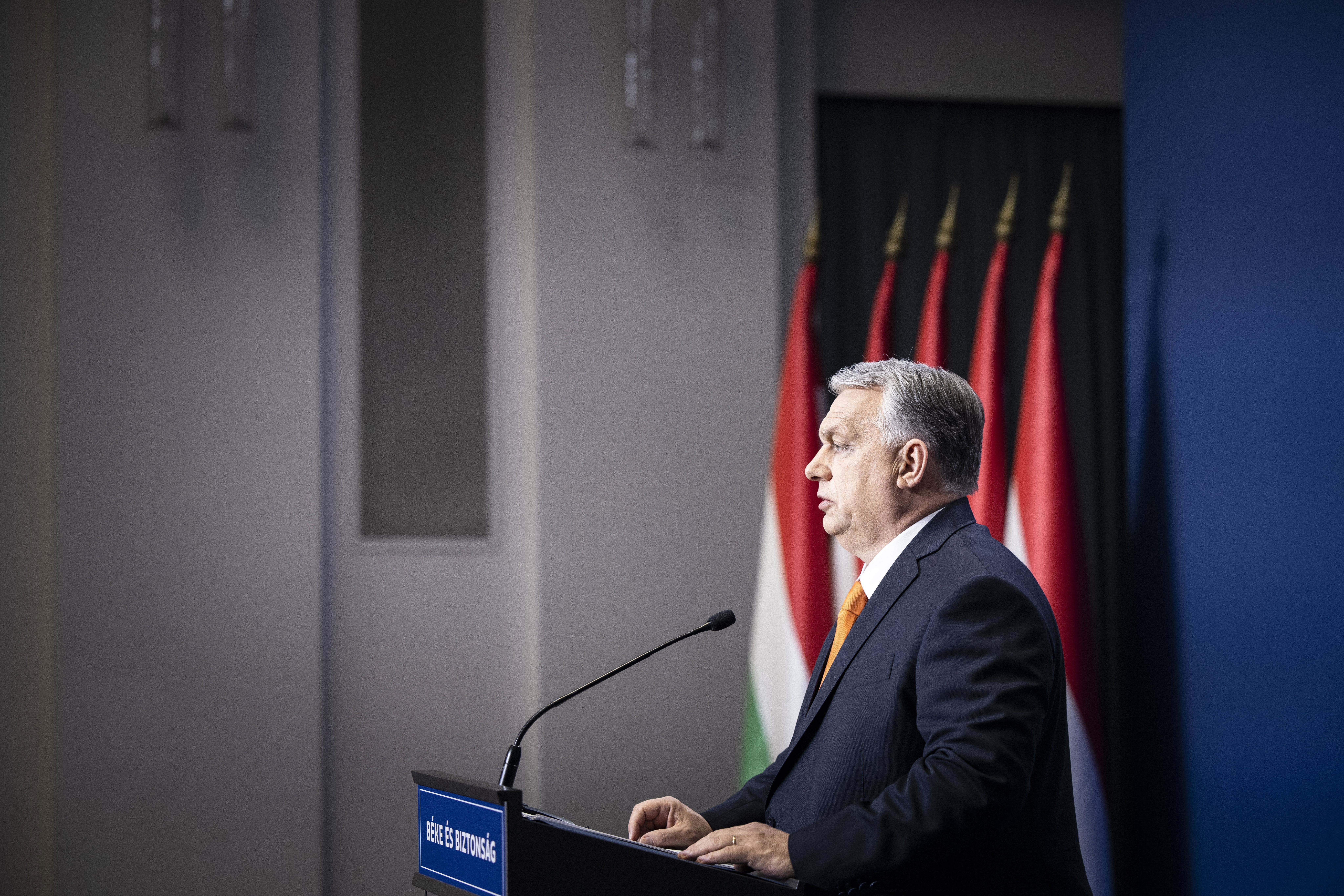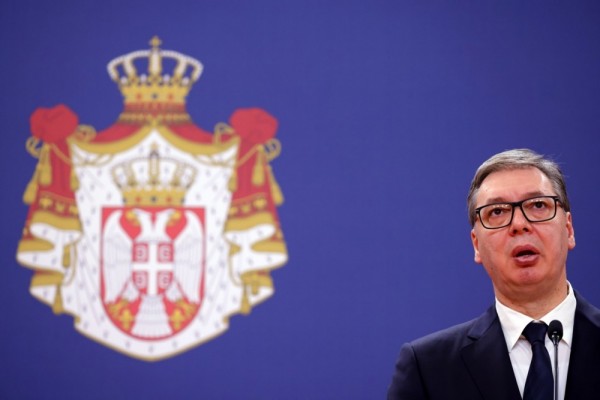After the re-election victory of Prime Minister Viktor Orbán and his ruling Fidesz party, the International Press Institute (IPI) today sets out fifteen recommendations for the government to help improve the landscape for media freedom in Hungary.
IPI also sets out seven recommendations for the European Union to help stop the erosion of media pluralism and democratic freedoms in Hungary and help defend what remains of independent media within the country.
Recommendations to the Hungarian government
– Develop a long-term strategy for restoring independence and pluralism in the media market based on clear democratic procedures, while also taking immediate steps to stop illiberal practices in the media market.
– Create checks and balances which ensure a parliamentary majority is not a carte blanche for a government to reshape the media system according to its will; create a legal framework that fosters a pluralistic media and independent journalism.
– Reform the system for funding Hungary’s public service media to ensure it is transparent, measurable and based on a clear set of criteria for the performance of tasks and the delivery of its public interest mission.
– Depoliticize the management and oversight bodies of the public broadcaster and increase professional standards; create accountability mechanisms to ensure adherence to the Media Act and Code of Ethics of the Public Service Media and the provision of fair, impartial and balanced news including a plurality of voices and opinions.
– Restore proper democratic governance and oversight to the public broadcaster, ending the dual structure of Duna Media Service Provider and MTVA; establish stronger professional requirements for election to the boards; guarantee independence, accountability and transparency in line with international standards; rebuild trust in public service media.
– Depoliticise and restore organisational and editorial independence to the state news agency MTI; sever channels for direct political control over production of news content; assess the performance of the management staff in line with professional criteria and take appropriate actions if breaches are identified.
– Radically reform the system for state advertising to halt widespread abuses of public resources to distort the media market; end all politically motivated financing of media; create a new framework based on market logic and on transparent criteria.
– Guarantee fair competition in Hungary’s media markets to foster a vibrant and sustainable media ecosystem; appropriately apply the Competition Act to limit existing media concentration, including to KESMA; adopt measures to support market entry and the sustainability of the sector.
– Guarantee the independence and transparency of the NMHH and the Media Council; create safeguards to ensure limits on the concentration of power; immediately cease regulatory practices designed to marginalize independent media or force them from the market; depoliticize tendering processes and ensure decisions are transparent and taken according to clearly defined criteria.
– Immediately end the selective approach against journalists regarding interview requests, requests for comment, public information and data; reverse restrictive measures affecting journalists’ movement within the Hungarian Parliament.
– Re-establish regular press conferences and briefings to which all media are invited; including those by the prime minister; end discriminatory approach towards journalistic accreditation for government events; restore normal working relationship between journalists and public authorities at national and regional level.
– Reform the system for FOI in Hungary, ensuring timely response from all public bodies and ministries and removing unnecessary obstacles; guarantee adherence to all rulings by the National Authority for Data Protection and Freedom of Information; re-join Open Government Partnership.
– Launch a thorough and credible parliamentary inquiry into the alleged abuses of Pegasus spyware by Hungarian intelligence and law enforcement agencies against journalists and establish strong, clear and transparent safeguards to limit future violations. Fully comply with the EU Parliament’s investigation into abuses of Pegasus in the EU.
– Introduce anti-SLAPP legislation in line with EU recommendations to protect journalists and media organisations from vexatious defamation lawsuits launched by powerful individuals or institutions; publicly condemn all smears and vocal attacks by politicians against journalists.
– Coordinate closely with international media freedom groups, civil society and European Union to improve press freedom and implement international standards; seek to join the Media Freedom Coalition to reinforce Hungary’s commitments to safeguarding press freedom.
Recommendations to the European Union
– Make full use of competencies under competition and state aid law to address the deliberate distortions of competition in the media market in Hungary; including addressing the two existing complaints to the Commission for unlawful or incompatible state aid in the area of public service broadcasting and state advertising as well as prioritizing the handling of future complaints.
– Continue EU infringement proceedings against Hungary over arbitrary and discriminatory tendering decision by the Media Council over the license renewal for Klubrádió; monitor the independence of Hungary’s media regulatory bodies according to the requirements of article 30(2) of the Audio-visual Media Services Directive.
– Pass strong Media Freedom Act which empowers EU institutions to address systematic abuses of legislative, economic and regulatory powers to erode media pluralism and freedom in the EU internal market; create a legal framework which helps safeguard the pluralism and foster independent journalism.
– Apply the Rule of Law Conditionality Regulation to Hungary and suspend funds in response to grave attacks on the democratic values, including the freedom of the press, as well as systematic management of EU funds to intentionally distort media markets
– Pass strong EU anti-SLAPP directive to help protect journalists and media outlets against vexatious litigation aimed at silencing their work; ensure swift implementation by member states including Hungary
– Continue and expand financial support to independent journalism in Hungary, especially investigative journalism. Such support should be tailored to the needs of journalists and should include core support.
– Further strengthen the toolbox of the EU to pushback against media capture within the EU market and halt the spread of illiberal attacks on press freedom across the bloc.
Ahead of the election, IPI visited Budapest and published a report examining the landscape for media freedom in Hungary. Click here to download the full report.
Today, IPI and its global network of leading journalists, editors and media executives called for renewed efforts to defend press freedom following the election victory of Prime Minister Orbán and underscored its solidarity with independent media in Hungary.
This statement by IPI is part of the Media Freedom Rapid Response (MFRR), a Europe-wide mechanism which tracks, monitors and responds to violations of press and media freedom in EU Member States and Candidate Countries.




